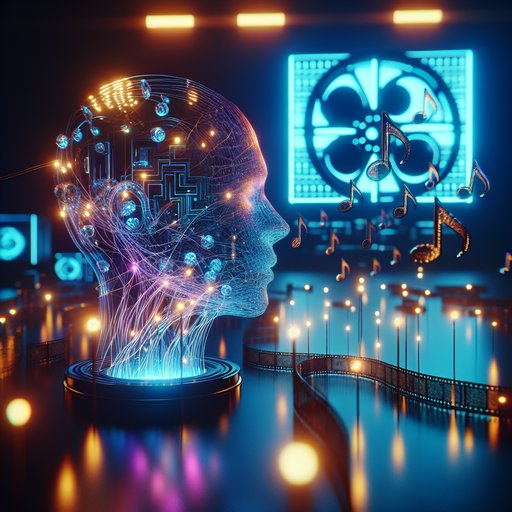
In a significant move to address growing concerns about AI-generated content, OpenAI has begun collaborating with SAG-AFTRA and prominent actors to tackle unauthorized celebrity deepfakes in their latest text-to-video model, Sora 2. The initiative comes as actor Bryan Cranston brought attention to AI-generated videos of himself created using the platform [1].
The partnership represents a proactive approach to addressing the ethical implications of synthetic media. According to reports, OpenAI is actively working with actors and their union representatives to develop safeguards against unauthorized use of celebrity likenesses [2].
The urgency of such measures becomes apparent as the art world grapples with an unprecedented surge in digital impersonation and fraudulent activities. The barriers to creating convincing deepfakes have essentially collapsed, making identity theft increasingly effortless and concerning for public figures [3].
In the music industry, legendary Final Fantasy composer Nobuo Uematsu has voiced his concerns about AI-generated music, highlighting the limitations of artificial intelligence in capturing the emotional depth and nuance of human composition [4].
The development of these protective measures comes at a crucial time, as cybersecurity experts warn about the increasing sophistication of AI-generated content being used in various forms of digital deception [5].
- Bryan Cranston and SAG-AFTRA say OpenAI is taking their deepfake concerns seriously
- OpenAI Says It's Working With Actors to Crack Down on Celebrity Deepfakes in Sora
- Inside the Art World’s Latest Scams: Fake Profiles, Fraudulent Consignments and Digital Impersonation
- Legendary Final Fantasy composer Nobuo Uematsu retains said status by explaining why AI music doesn't work
- Microsoft warns of AI-driven cyber espionage surge from China, Russia targeting U.S.
























